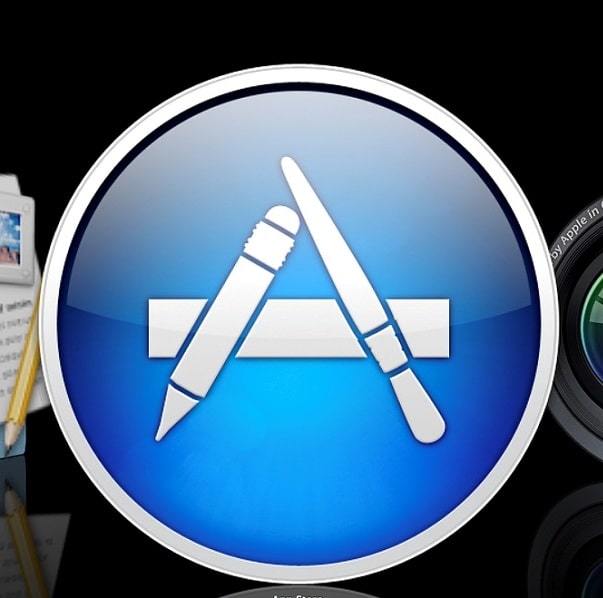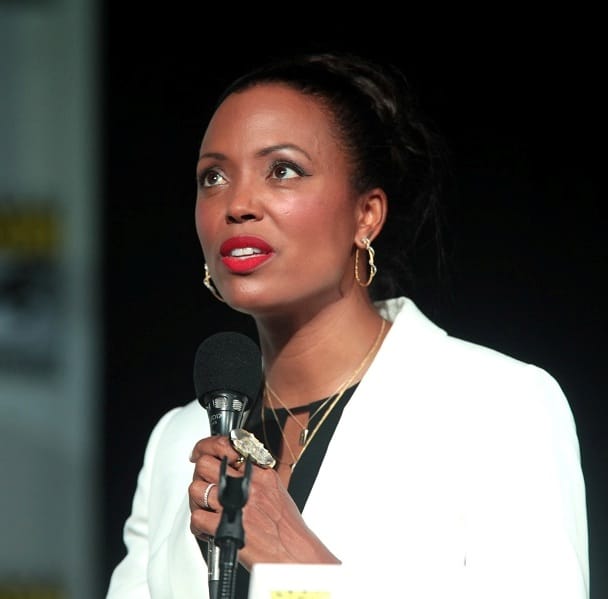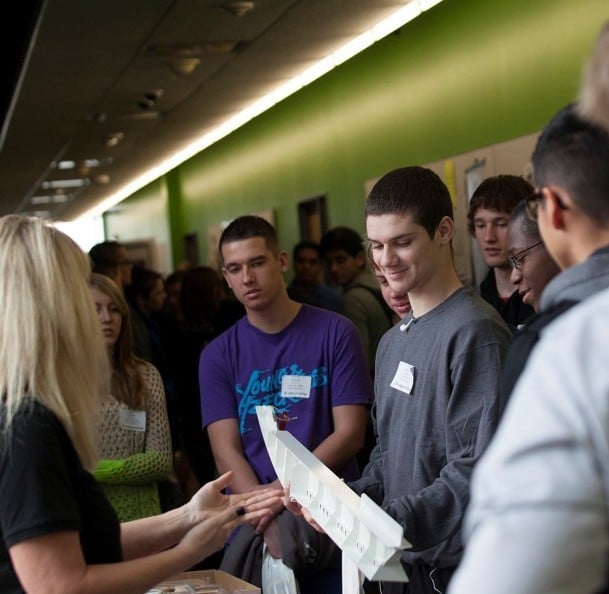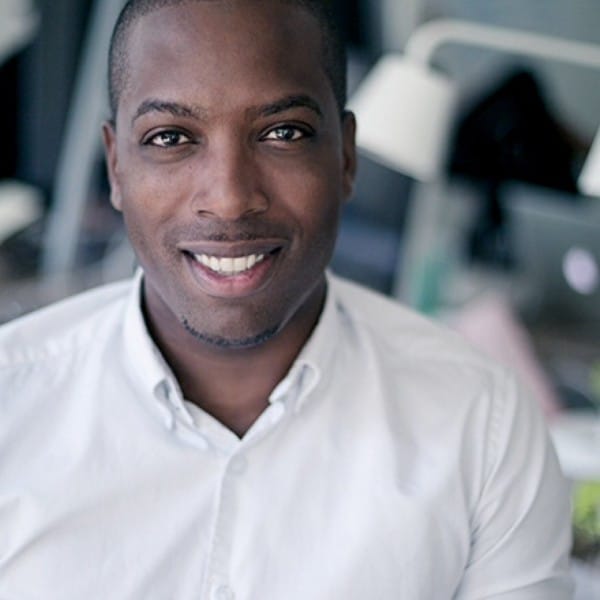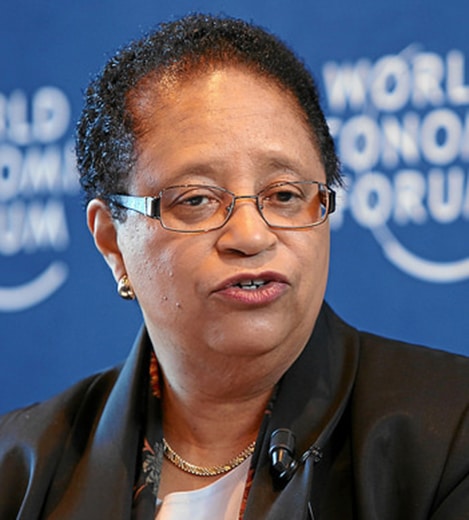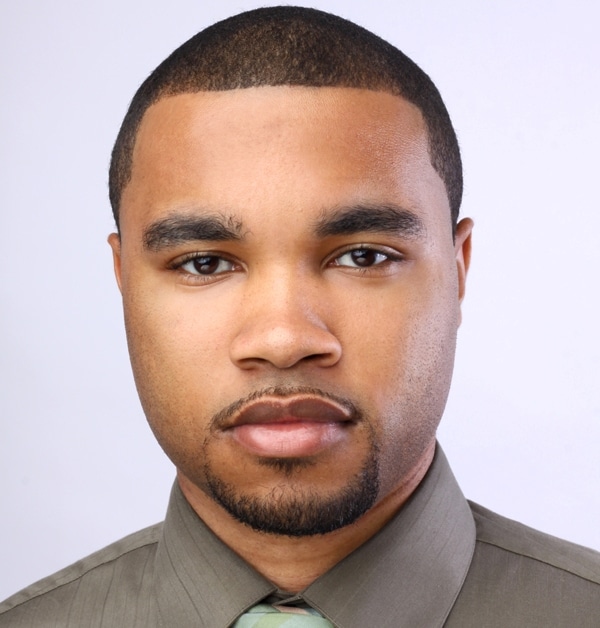It’s great to see diversity numbers moving upward in the tech industry, but most tech startups are still founded by white men. At times, it may feel like a boys club, but there are ways to navigate the industry and do exceedingly well.
Here are three tips that I found profoundly useful when launching and growing my app, Around the Way.
Stop Waiting For Perfection To Launch.
We women have the tendency to make things perfect. Take a look at how long it takes us to leave the house in the morning — hair, outfit, nails, makeup. You get yourself “right” for the day. That’s all well and fine for personal grooming, but in business (especially in tech) perfection is not a requirement. It may be a personal standard you set for yourself, but your business is ever-evolving. Your goal is to launch something, anything, and iterate, iterate, iterate.
Do one thing well — your basic offering, then add on from there. Simple. It’s both enchanting and daunting to think of all the aspects your business can be. Just boil it down to your initial offering, launch and keep building. The puzzle gets more intricate as you add more on to your product, which can push back your launch date.
Before launching Around the Way, I had tons of ideas about what I wanted it to be. I wanted merchants to sell items through the app, I wanted a deals section, I wanted articles, stats and facts — I wanted all of it in my initial product. But I had to scale it back to the essence of the offering. My original goal was to make it easy to find Black-owned businesses. So my initial product is just that- an easy way to find BOBs.
Don’t get me wrong, I still want those things. But now, they’re on an implementation schedule. Had I waited for all of those bells and whistles, I would not have launched the app by now. For me, no launch would have meant, no downloads, no speaking engagements, no awards. For the BOBs, no launch would have meant no inclusion in the mobile space ,and no new customers finding their businesses using the app.
All of the advantages would’ve been delayed had I been perfecting my app before launching.
Share Your Idea
You may very well have the next billion-dollar idea that will revolutionize the way we all work or play, but if you don’t share it, no one will ever know about it. No one will ever help you. Your idea will never blossom to a real business. You will not make the billion. That’s the long and short of it.
Tell the world what you’re up to. It’s a disservice to your awesomeness to keep it to yourself. Not one successful person reached their goals by keeping their ideas to themselves. Not one.
I had to get over my fear of someone stealing my idea. I figured if I shared my app idea with app developers, they could go home and make it that evening. I had to realize that I could tell 20 developers about my idea and they could build it that night, but they will never do it exactly the same way I would. Our passions and dedication to the app are unmatched.
After I understood that, it was GAME ON! I told the world about my idea. And when I did, the floodgates of support opened. Had I not done that, I would not have created the app. I met my original app developer, chief marketing officer and chief technology officer each at different networking events.
I’d just be a gal with an idea, had I not shared it with others.
Know When To Be A Black Woman.
As I said earlier, the tech community may “feel” like a boys club – but that’s just a feeling. Yes, there are more guys than gals, but so what? Make sure you go to those events where there are primarily white men. Get uncomfortable. Share your idea. You never know what could come of it. You never know who you’ll meet or who they know or who may be able to help you.
Also, it’s rarely said, but someone has to do it: Stop wearing your Blackness on your sleeve.
I’m not a Black app developer. I developed an app – I just so happen to be Black. The same goes for being a woman. Putting gender-race first is a slippery slope. In some realms, this approach can be an advantage, in others, a disadvantage.
When you’re a member of a “Black women business empowerment group,” sure, glom all your “Black women-ness” all over the room- everyone’s basking in it. Or in a pitch event solely for women – yes, girl power!
But don’t head to those primarily white techy rooms solely as a Black woman. You’re a dope person with a dope business looking to connect with other dope people. Period. Don’t let your “demographic” get in the way of expanding yourself, your business or your network.
In case you’ve forgotten, Black people originated cool (IMHO). Who doesn’t like hanging out with cool people? Networking sounds hoity-toity, but it’s really a matter of asking yourself, “Who do I like talking to?” “Who do I mesh well with?” “Did we have a great conversation?”
That’s who people like doing business with – someone they can have a beer with. Don’t get all weird with your own apprehensions or fears. Remember how awesome you are! And all you really want to do is expand your network with other awesome people.
I hated “those white techy events” when I first started out. I felt more comfortable talking to my own people. I would go to Black tech events, women events, and Black women in tech events (see how small my bubble shrank?). And those all feel good, they’re comfortable, and there is great opportunity to meet amazing people.
But then I challenged myself to get outside of my comfort zone, join “those white techy meetup groups” and attend those VC pitch events. It wasn’t fun at first. I can’t lie, I’ve actually been to events where I send the RSVP, paid, showed up, put on a name-tag, watched the pitch event, spoke to NO ONE, and left. That was a complete waste of time.
I remember one tech event where there were a panel of investors and established tech entrepreneurs and I finally mustered up the courage to ask a question on the mic. It took some in-my-head coaching to get me to do it, but I did it. My voice was trembling – but I did it. My question was borderline remedial- but I did it. That was a breakthrough for me.
Once I accomplished that, I had no problem talking to people. After that awkward question, I chatted with a few people and left that event a whole new person.
The fact of the matter is- at tech events- we’re all building something. That’s our common ground. We’re all in the same boat. It’s the part we lose sight of when we wear our “Black-womenness” on our sleeve.
Get to know people- see what they’re up to, share what you’re up to. Because we’re all really up to something big.
Janine Hausif is the founder of Around the Way- a mobile application that locates Black-owned businesses and works as a business consultant for non-profits and small businesses. http://hellojanine.com



